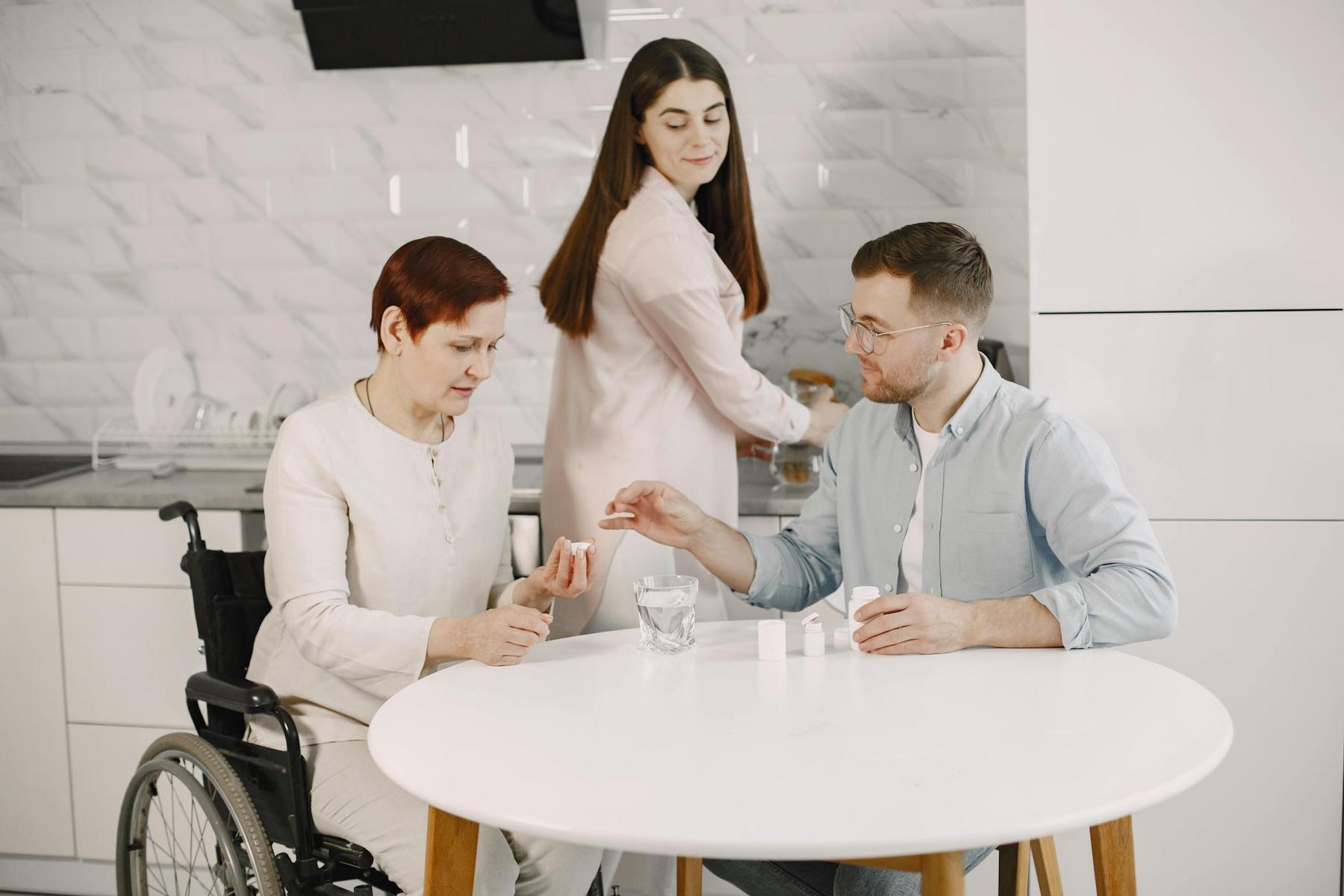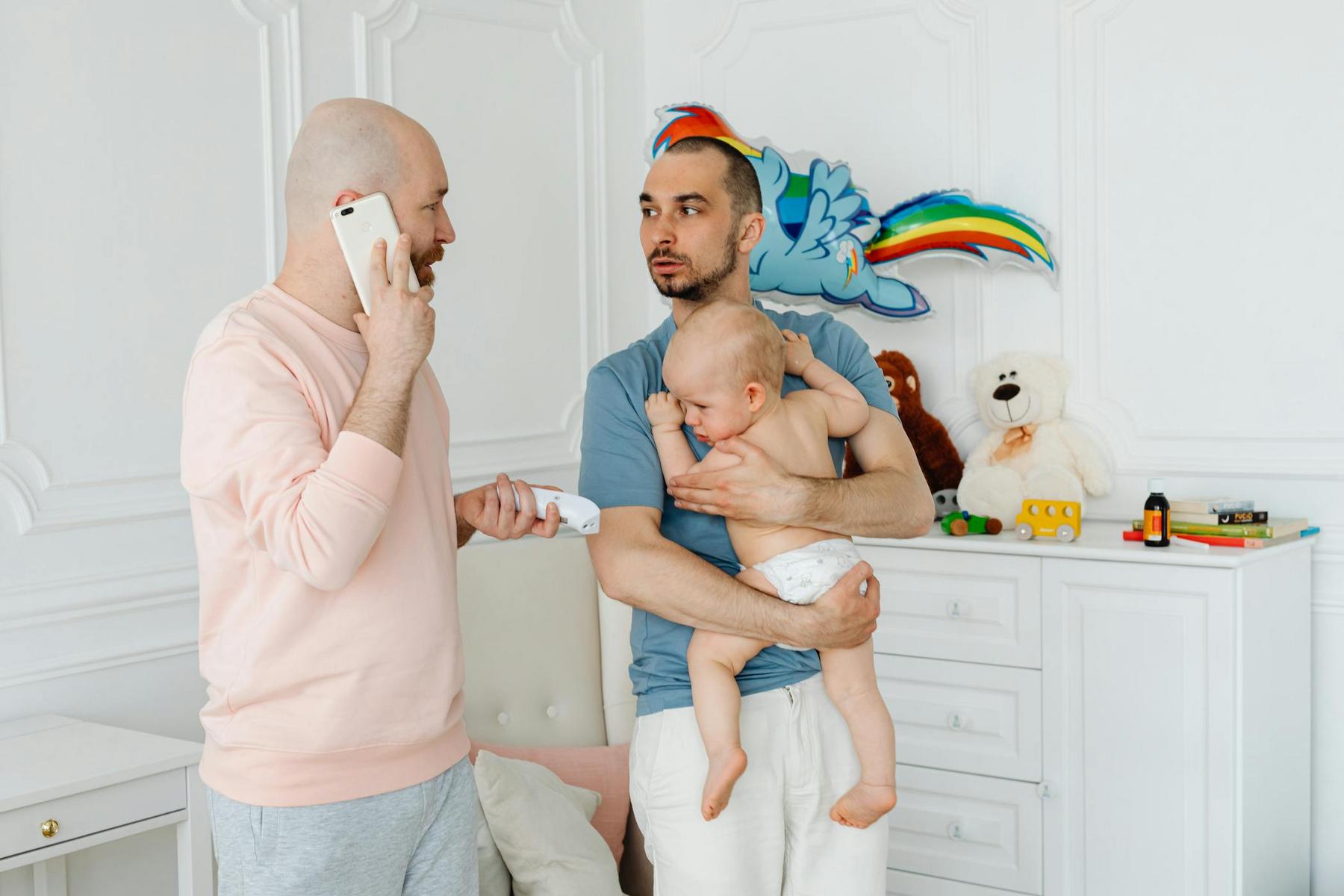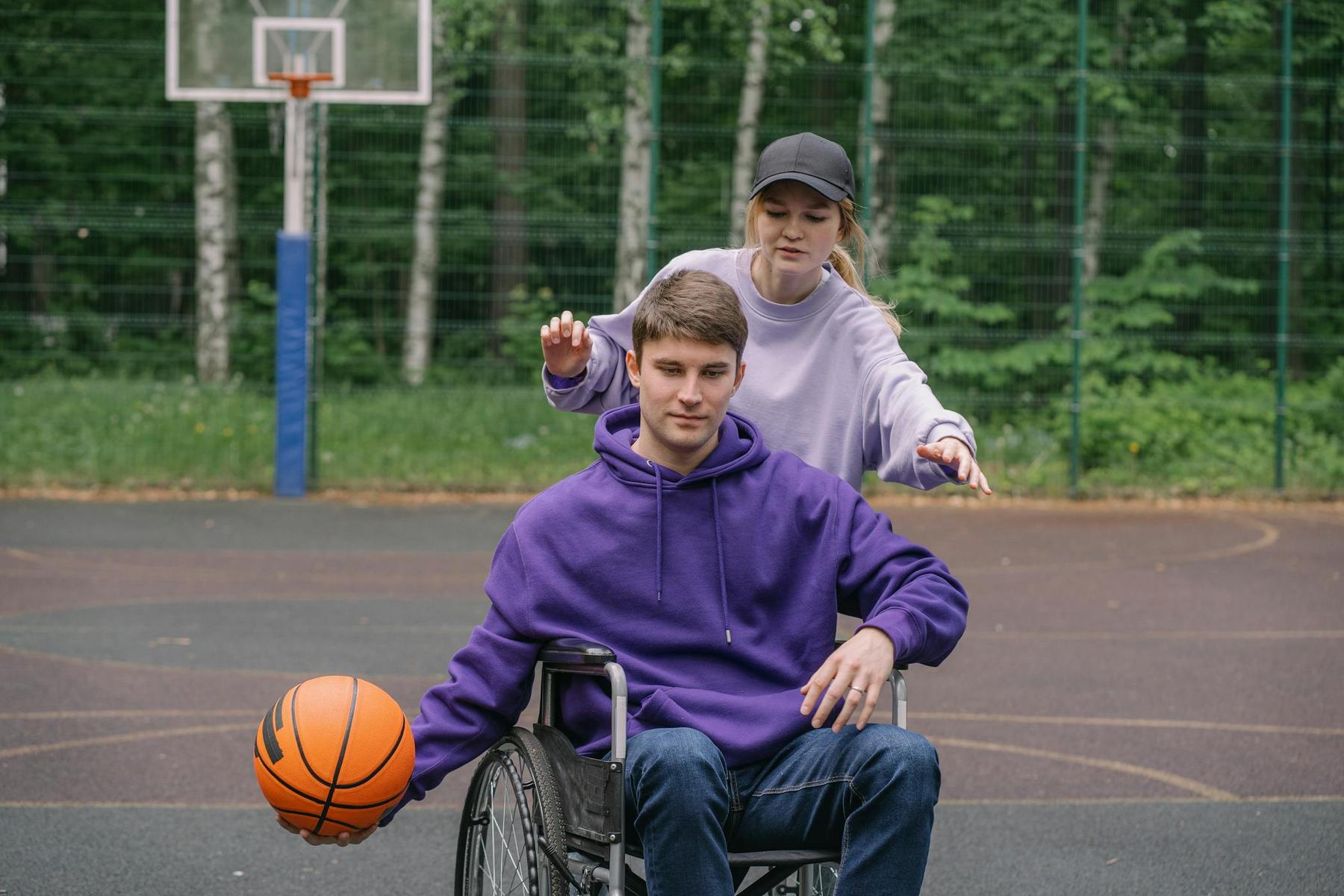Finding the right allied health therapist in Brisbane can feel overwhelming when you’re navigating the NDIS for the first time. You’re not just looking for qualifications on paper—you’re searching for someone who truly understands your needs, respects your goals, and can support your journey towards greater independence. Whether you’re seeking an occupational therapist to help with daily living skills, a physiotherapist to improve mobility, or a speech pathologist to enhance communication, the decision matters deeply. The good news? Brisbane offers a rich network of NDIS-registered allied health professionals, and with the right knowledge, you can find the perfect match for your unique situation.
What Types of Allied Health Services Are Available Under NDIS in Brisbane?
Brisbane allied health services under NDIS encompass a comprehensive range of therapeutic supports designed to help participants achieve their plan goals. Understanding what’s available is the first step in making informed choices about your care.
Occupational therapy forms a cornerstone of allied health support, helping individuals develop skills for everyday activities—from personal care and household tasks to employment preparation and community participation. Occupational therapists assess your current abilities, identify areas for development, and create personalised strategies that align with your NDIS goals.
Physiotherapy services focus on improving physical function, mobility, and managing pain or discomfort. NDIS-registered physiotherapists in Brisbane work with participants who have physical disabilities, helping them build strength, improve balance, and maintain independence in movement.
Speech pathology addresses communication and swallowing difficulties. Speech pathologists support individuals with speech delays, language disorders, voice difficulties, and feeding or swallowing challenges. This service proves particularly valuable for participants with developmental disabilities, neurological conditions, or acquired injuries.
Psychology services provide crucial mental health support. NDIS psychologists in Brisbane help participants manage emotional wellbeing, develop coping strategies, and address mental health challenges that may impact daily functioning. They work collaboratively with participants to build resilience and improve quality of life.
Dietetics and nutrition support assists participants with specialised dietary needs, particularly those with disabilities affecting eating, swallowing, or metabolism. Exercise physiology services help develop safe, tailored exercise programmes that consider individual capabilities and health conditions.
Behavioural support practitioners work with participants who display behaviours of concern, developing positive behaviour support plans that promote dignity, safety, and improved quality of life.
The beauty of Brisbane’s allied health landscape lies in its diversity—you’re not limited to single-service providers. Many allied health professionals work collaboratively, ensuring holistic, coordinated care that addresses multiple aspects of your wellbeing simultaneously.
How Do I Know If My NDIS Plan Covers Allied Health Services?
Understanding your NDIS plan budget is essential before engaging Brisbane allied health services under NDIS. Your plan divides funding into different budget categories, and allied health supports typically fall under “Capacity Building” budgets.
Capacity Building Supports focus on building your independence and skills. This category subdivides into several areas:
- Capacity Building – Daily Activities: Often funds occupational therapy, physiotherapy, and similar supports that help with everyday tasks
- Capacity Building – Social and Community Participation: May cover therapies that support social skills and community involvement
- Capacity Building – Employment: Can fund allied health services related to work readiness and job-related skills
Core Supports may also fund some allied health services, particularly if they’re directly related to assistance with daily personal activities. However, this depends on your specific plan structure and how the NDIS has categorised your supports.
To determine your coverage, review your NDIS plan thoroughly. Your plan outlines:
- The total funding allocated to each budget category
- Whether budgets are flexible or stated
- Any specific conditions or restrictions on how funds can be used
If you’re uncertain about your coverage, consider these steps:
- Review your plan document carefully: Look for mentions of capacity building supports and any allied health services specifically listed in your plan
- Contact the NDIS directly: The National Disability Insurance Agency can clarify what your plan covers
- Speak with your support coordinator: If you have one, they can explain your budget categories and help you understand how to access allied health services
- Engage with potential providers: Many Brisbane allied health services under NDIS offer initial consultations to discuss whether they can work within your plan
Remember that NDIS plans are reviewed regularly—typically annually or when circumstances change. If allied health services aren’t currently in your plan but would help you achieve your goals, you can request a plan review to include them.
What Should I Look for When Choosing an NDIS Allied Health Provider in Brisbane?
Selecting the right allied health professional requires consideration beyond qualifications alone. The therapeutic relationship significantly impacts outcomes, making compatibility as important as credentials.
NDIS Registration Status forms your first checkpoint. Only NDIS-registered providers can directly claim from the NDIS for their services. Registration indicates they’ve met quality standards and undergone necessary checks. However, if you’re self-managing or plan-managing your NDIS funds, you may have flexibility to engage non-registered providers—though this requires careful consideration of qualifications and insurance.
Qualifications and experience matter deeply. Look for therapists with relevant university qualifications, current professional registration (such as with the Australian Health Practitioner Regulation Agency for relevant professions), and experience working with individuals with similar needs to yours. Specialists in particular disability types or age groups often provide more targeted, effective support.
Geographical accessibility impacts your ability to attend appointments consistently. Brisbane allied health services under NDIS operate across metropolitan areas, from inner-city suburbs to outer regions. Some providers offer mobile services, travelling to your home or preferred location—particularly valuable if mobility challenges make travel difficult.
Service approach and philosophy should align with your values. Some therapists take a clinical, structured approach, while others embrace more flexible, participant-led methodologies. During initial consultations, ask about their approach to:
- Goal setting and planning
- Family or carer involvement
- Communication styles
- Cultural sensitivity
- Flexibility in service delivery
Availability and waitlists can significantly affect when you begin receiving services. Some popular Brisbane allied health services under NDIS maintain waiting lists of several months. If you need urgent support, enquire about current availability when first making contact.
Collaborative practice demonstrates professional excellence. The best allied health providers work collaboratively with other professionals in your support network—communicating with your GP, specialist doctors, support coordinator, and other therapists to ensure cohesive, integrated care.
Communication clarity proves essential throughout your therapeutic relationship. Your therapist should explain assessments, treatment plans, and progress in understandable language, respecting your right to informed decision-making.
Consider arranging initial meetings with several providers before committing. Most therapists understand that finding the right fit takes time and are happy to have preliminary discussions about their services, approach, and availability.
How Does Plan Management Affect My Choice of Allied Health Services?
Your NDIS plan management type significantly influences how you access Brisbane allied health services under NDIS and affects the administrative burden you’ll carry.
The NDIS offers three main management options, each with distinct characteristics:
| Management Type | Provider Choice | Payment Process | Administrative Responsibility | Financial Flexibility |
|---|---|---|---|---|
| NDIA-Managed | NDIS-registered providers only | Direct NDIS payment to provider | Minimal—NDIS handles payments | Limited to registered providers |
| Plan-Managed | Any provider (registered or non-registered) | Plan manager handles payments | Low—plan manager does paperwork | Maximum flexibility |
| Self-Managed | Any provider (registered or non-registered) | You pay, then claim reimbursement | High—you manage all finances | Maximum flexibility |
NDIA-managed participants experience simplicity in transactions. The NDIS pays providers directly after services are delivered, requiring minimal administrative work from participants. However, you’re restricted to NDIS-registered providers, potentially limiting choice if specific therapists you’re interested in lack registration.
Plan management offers the sweet spot for many participants seeking Brisbane allied health services under NDIS. Your plan manager—a registered NDIS plan management provider—handles all financial transactions, invoice processing, and compliance requirements. You gain the freedom to choose any provider while avoiding the administrative burden of self-management. Plan managers also provide valuable advice about budget tracking and funding allocation, ensuring you maximise your plan.
Self-management grants complete autonomy. You can engage any provider—registered or unregistered—giving you maximum choice. You’re responsible for paying providers, keeping records, and claiming reimbursements from the NDIS. This suits participants comfortable with financial administration and those who want complete control over service selection.
Each management type affects provider choice differently. Plan-managed and self-managed participants can access a broader range of Brisbane allied health services under NDIS, including newer practices that haven’t yet completed NDIS registration or highly specialised providers who choose not to register. NDIA-managed participants benefit from streamlined processes but may face longer waitlists due to limited provider pools.
You can have different management types for different budget categories within the same plan. For instance, you might have plan management for capacity building (allied health) while having NDIA management for core supports. This hybrid approach provides flexibility where you need it most while maintaining simplicity elsewhere.
Where Can I Find Qualified NDIS Allied Health Providers in Brisbane?
Locating quality Brisbane allied health services under NDIS involves knowing where to look and how to verify credentials. Multiple pathways lead to discovering suitable providers, each offering different advantages.
The NDIS Provider Finder serves as the official database of registered providers. Accessible through the myplace portal or NDIS website, this tool allows you to search by location, service type, and specialisation. While comprehensive for registered providers, it won’t show non-registered practitioners—relevant only if you’re plan-managed or self-managed.
Professional association directories provide additional verification of qualifications. Organisations like Occupational Therapy Australia, the Australian Physiotherapy Association, Speech Pathology Australia, and the Australian Psychological Society maintain searchable member directories. Membership in these associations indicates adherence to professional standards and ongoing education requirements.
Local disability organisations and support networks often maintain recommendations of trusted providers. Community organisations serving people with disabilities in Brisbane typically develop working relationships with quality allied health professionals and can provide valuable insights based on community feedback.
Your support coordinator, if you have one, serves as an invaluable resource. Support coordinators specialise in connecting participants with appropriate services and often maintain extensive knowledge of local provider strengths, specialisations, and availability.
Word-of-mouth recommendations from other NDIS participants, family members, or carers provide real-world perspectives on provider quality and service delivery. Local NDIS participant groups—both in-person and online—facilitate these connections and information sharing.
Direct outreach to providers can yield surprising results. Some excellent Brisbane allied health services under NDIS maintain limited online presence but deliver exceptional care. Don’t hesitate to contact practices directly to enquire about services, specialisations, and NDIS experience.
When evaluating providers, ask specific questions:
- How long have you worked with NDIS participants?
- What experience do you have with [specific disability type]?
- What’s your current availability for new clients?
- Do you offer home visits or clinic-based appointments?
- How do you approach goal setting and progress monitoring?
- What’s your process for coordinating with other professionals?
Brisbane’s size means you’ll find allied health services across numerous suburbs—from inner-city locations like Fortitude Valley and South Brisbane to outer suburbs like Capalaba, Redcliffe, and Forest Lake. Consider travel time and accessibility when making selections, particularly if you’re relying on public transport or have mobility considerations.
Making the Connection: Your Next Steps
Finding Brisbane allied health services under NDIS that perfectly match your needs represents an investment in your future. The right therapeutic relationships empower you to build skills, enhance independence, and work towards the life you envision.
Start by reviewing your NDIS plan to understand your available funding and any specific allied health services already included. If you’re unsure about your plan or need support navigating your options, connecting with experienced providers who understand the NDIS landscape can make all the difference.
For participants in Brisbane and Cairns seeking comprehensive disability support, consider reaching out to providers who offer coordinated services that complement allied health therapies. Whether you’re looking for support with daily living activities, assistance accessing therapy appointments, or help coordinating multiple services, working with providers who understand the bigger picture ensures cohesive, person-centred support.
Remember that your allied health team should work collaboratively with your broader support network. Effective disability support isn’t about isolated services—it’s about integrated, coordinated care that respects your goals, honours your autonomy, and recognises your unique strengths and challenges.
The journey to finding the right Brisbane allied health services under NDIS may take time, but it’s time well spent. Quality therapeutic relationships last years, supporting you through different life stages and changing goals. Don’t rush the process—prioritise finding professionals who genuinely understand your needs and demonstrate commitment to your success.
Have questions? Need support? Reach out to us here at Advanced Disability Management.
Can I change allied health providers if I’m not satisfied with my current service?
Yes, absolutely. You have the right to change providers at any time if services don’t meet your needs or expectations. Your NDIS funding isn’t locked to specific providers—it’s your choice where to access services. When changing, ensure you provide appropriate notice to your current provider, obtain any necessary reports or assessments, and communicate your reasons professionally. If transitioning between therapists, ask for a summary of your progress and current goals to ensure continuity of care with your new provider.
How often should I receive allied health services under my NDIS plan?
Frequency depends on your individual goals, needs, and plan funding. Some participants benefit from weekly sessions, particularly during intensive skill-building phases, while others thrive with fortnightly or monthly appointments. Your therapist will recommend a frequency based on evidence-based practice and your specific circumstances. Remember that your plan funding must last the duration of your plan period (typically 12 months), so work with your provider to establish a sustainable schedule that balances intensity with budget management.
What’s the difference between Core and Capacity Building funding for allied health?
Core supports fund assistance with daily activities—help with personal care, domestic tasks, or community access. Capacity Building supports fund services that build your skills and independence, including most allied health therapies. While some overlap exists, Capacity Building typically covers therapeutic interventions like occupational therapy assessments, physiotherapy programmes, and speech pathology treatment. Core supports might fund a support worker to assist you in attending therapy appointments or implementing strategies your therapist has recommended. Your NDIS plan specifies how much funding sits in each category.
Do I need a referral to access NDIS allied health services in Brisbane?
No, you don’t need a GP or specialist referral to access allied health services funded through your NDIS plan. Your NDIS plan itself serves as authorisation to access supports listed within it. However, some allied health professionals may request medical reports or information from your GP to better understand your needs and develop appropriate treatment plans. Additionally, if you’re seeking Medicare rebates in addition to NDIS funding (for specific circumstances), different referral requirements may apply.
How do I know if an allied health provider is experienced with my specific disability?
Ask directly during initial contact. Enquire about the provider’s experience working with individuals with your specific condition, their professional development in related areas, and whether they’ve completed specialised training. Request information about their approach to working with your disability type and ask for examples (without identifying information) of how they’ve supported similar participants. Professional association directories often allow filtering by specialisation area, helping identify providers with specific expertise before making contact.



